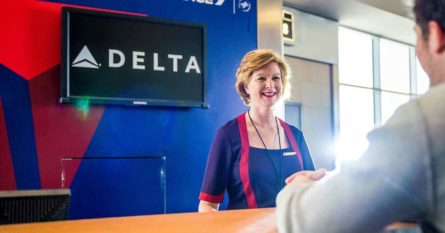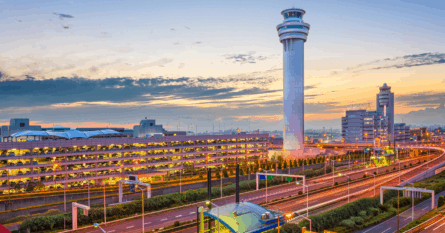Airport redesigns and the removal of first class are just a few changes predicted for the future of international travel, according to travel journalist Peter Greenberg.
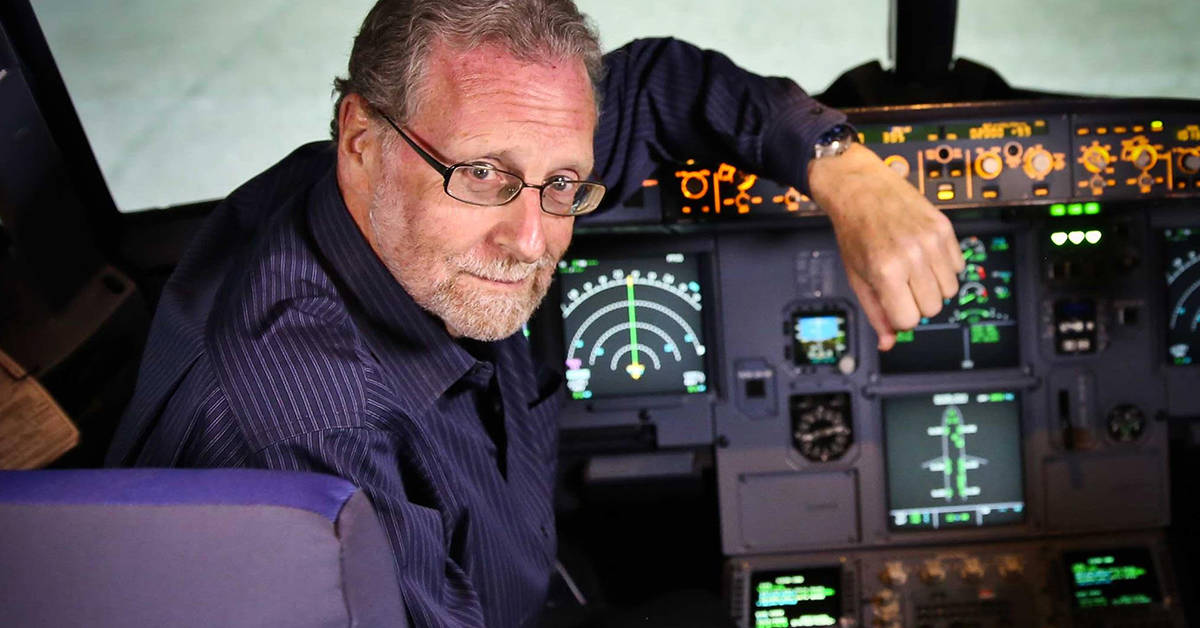
Let’s face it. Physical distancing and air travel don’t go hand in hand.
When the coronavirus pandemic first hit, many thought it would bring about the end of the dreaded middle seat on planes forever.
And given the drastic drop in people taking flights earlier this year, it looked possible.
But CBS News travel editor Peter Greenberg warns we shouldn’t “kid ourselves” about saying goodbye to the middle seat forever.
“The design of the airline cabin and social distancing are mutually exclusive, you cannot widen the cabin,” he said in an interview with Blacklane on its Instagram Live series last week.
“Even if you kept the center seat open, the actual distance between you in the window seat and the other guy in the aisle seat is only 30 inches…that’s two-and-a-half feet.
“Do not be surprised as more and more airlines announce ‘By the way, we are now going to fill the center seat’.”
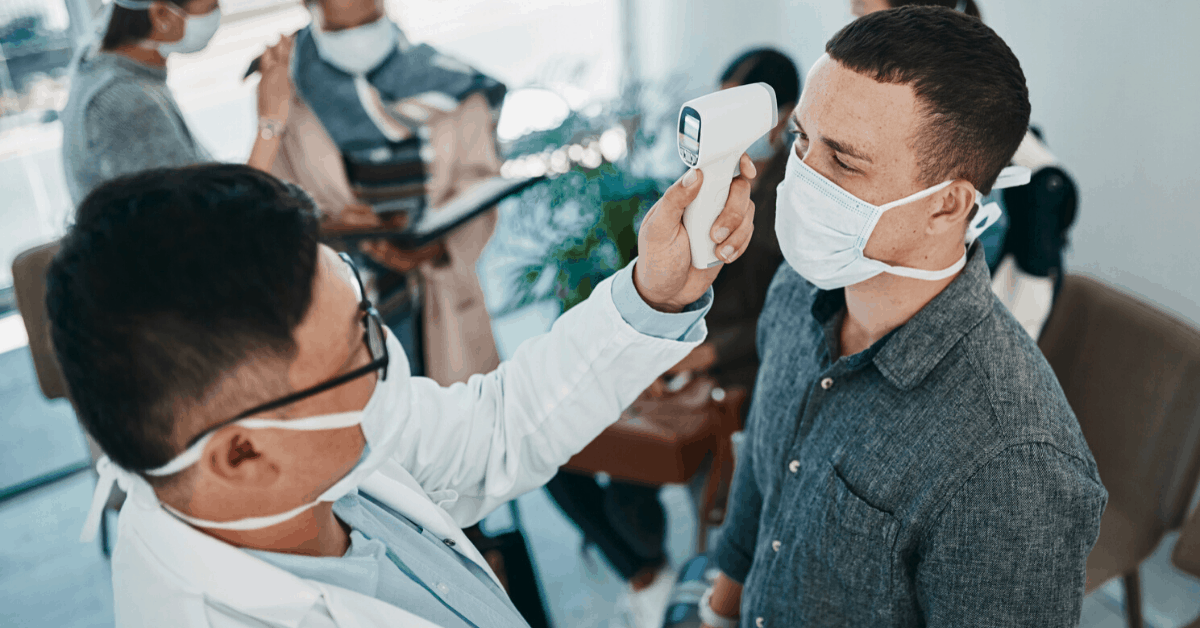
Goodbye first class
But that doesn’t mean changes aren’t coming, Greenberg said. He predicts most airlines will remove first class seats from their booking funnel by next year.
“When this is all said and done by next January, we’re not going to see first class anymore, with the exception of maybe three or four carriers,” he said.
“It’s all going to be a three-class plane. It’s going to business class, premium economy, and coach. That’s it.”
Why? In terms of air travel in the U.S., Greenberg said there wasn’t much of an upside for airlines keeping first class, given most bookings were upgrades to existing seats.
“If you look at the way businesses are financing their travel these days, very few people are authorized to fly first by their companies, nobody ever wants to spend their own money to fly first, everything else is an upgrade,” he said.
However, he does predict first class will remain on certain routes, including the New York to Los Angeles route.
“The reason for that is because of all the movie contracts with the studios and the director’s guild, the producer’s guild, the writer’s guild, the screen actor’s guild that requires their members, if they’re flying on movie business, to fly first class,” he said.
Airport changes
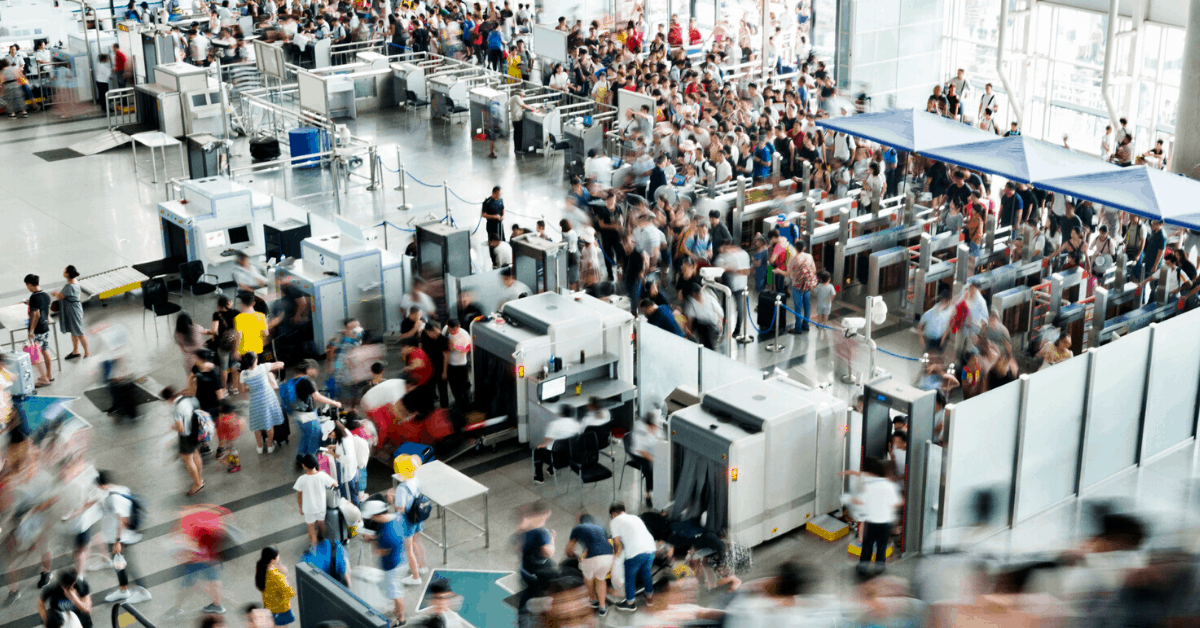
With travel bubbles gradually opening up in parts of the world, international flights will slowly begin to creep back, which will mean the physical limitations at airports will have to be addressed, Greenberg said.
“Yesterday, the TSA maybe screened 650,000 people in total in the United States. Last year yesterday, they screened 2.6 million, so we’re only at about 20 percent,” he said.
“Let’s go even to 40 percent. With social distancing requirements, there’s no physical space at any airport for people to stand six feet apart in a security line at TSA, it just doesn’t exist.”
He said real discussions will need to be had about whether airports look to redesign their floor plans or develop new facilities for people to be pre-screened before entering the airport.
“Getting to the airport two hours earlier ain’t going to cut it anymore, you’re going to have to get there four hours before and it’s not going to be pleasant,” he said.
A chance for a do-over
It’s not all doom and gloom though, Greenberg said. Less travel around the world has given tourist hotspots a much-needed break.
“We…have a situation in Istanbul, my wife is from Turkey, someone sent her a video the other day of dolphins in the Bosporus,” he said.
“We’ve been given a chance for a do-over, we’ve been given a chance to try again.”
But as with most things, there are always two sides to a story, he said.
“The plus is we could do it sustainably and really protect the environment,” he said.
“The minus is in the process of doing that, we are creating a class of elite travelers who have the money and the ability to travel and it won’t be mass tourism anymore.
“I don’t want to sound like I am excluding anybody but we have become a victim in so many cases to mass tourism and now I think we have to reorient ourselves to think in a much different way.
“It is a wakeup call, I hope we heed it.”


